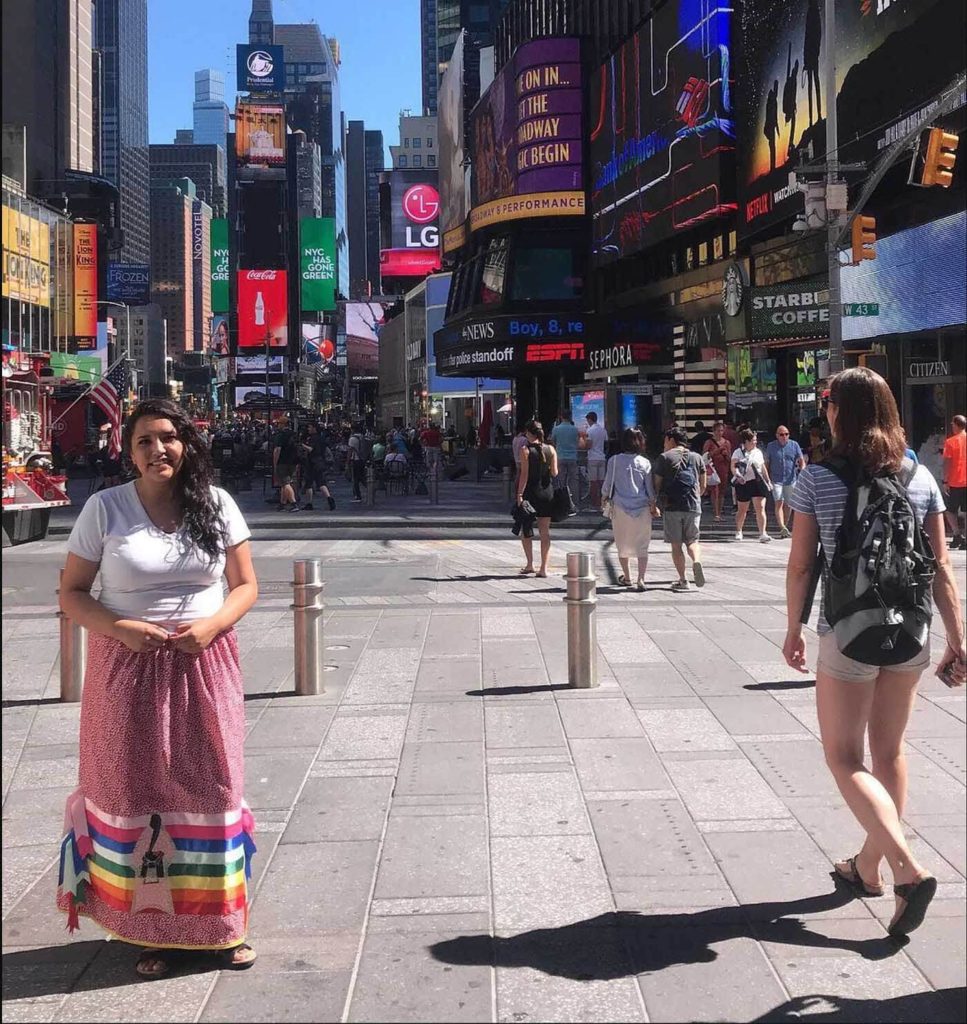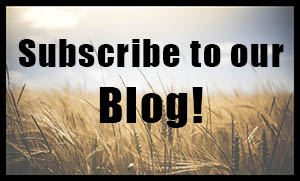Meet Joshlynn Snow, Gates Millennium Scholar advocating for the Missing and Murdered Indigenous Women and Violence Against Women Act.
This month Western Native Voice spoke with Joshlynn Snow, a Gates Millennium Scholar about her recent Washington D.C. leadership experience and about the role of civic engagement in her life.
Tell us your name and where you’re from.
My name is Joshlynn Snow and I am from Browning, Montana.
Are you in school? Are you in college or university?
Oh yes actually. I go to Salish Kootenai Community college on the Flathead reservation.
So how are you liking Salish Kootenai College?
I really enjoy it, actually. I really love the school and what it’s about with the curriculum, and how they like to in every class they like to include culture into the classes and into the lessons.
What are you studying?
I’m currently studying social work and chemical dependency counseling.
Tell us a little bit more about this program that you went to in Washington. If you can give us the name and what it’s about.
It’s called the Rick West Native Culture Preservation and Leadership Program. We got to go and advocate in the buildings with the senators and mostly focused on, when advocating and lobbying mostly with our senators, we were talking about the Missing and Murdered Indigenous Women and Violence Against Women Act.
How did those meetings go, in your opinion?
In my opinion, I believe they could have gotten a lot better. The question I asked was what is their response on Missing and Murdered Indigenous Women and are they up for the authorization of the Violence Against Women Act in September.Tester, he replied to me and he told me that these efforts he’s been making in the Capitol just about bills and how he is for the authorization, stuff like that. But Daines and Gianforte, unfortunately, they did not say anything.
Not one word?
Yeah they didn’t respond.
How did that make you feel?
At the time I didn’t know how to react. I guess I was kind of in an awkward situation because they weren’t responding and so I didn’t know what to do, so I just looked at them and I was like, well thank you, and then I just walked away.
I want them to know how we do come together when things go wrong, how we are just one. Each community has their own kind of strength.
In your opinion, is advocacy something that’s a good thing to do in movements?
Yes, I really did believe advocating for those movements is isn’t really big thing because there’s a lot of people who don’t know about the problems and that’s something that came up when I was talking to Tester. He said a lot of people don’t see Missing and Murdered Indigenous Women as a real problem.
What would you want the world to know about your community?
When I went on this program, we had to do kind of like a community mapping thing. In my community mapping, it focused on the drug problems and just anything that plays into addiction and how it affects the community. In a way, I wouldn’t want the world to know just that about my community because I want them to know how we do come together when things go wrong, how we are just one. Each community has their own kind of strength.
What inspired you to take on leadership roles and to really put yourself out there for these kinds of opportunities?
Someone who actually inspired me to do this kind of stuff is my mother and then another thing that really has inspired me to be a leader is my siblings. I have a lot of younger siblings who, unfortunately, don’t live in the best situations in life, but I want to show them that yes, they can do a lot of things in their life, still, whether they come from a bad home or not. That there are all these opportunities out there to go out and know that there’s all these other issues that do need to get put in the light by someone who fights for their people too because we always need those people who are going to fight for our policies. Fight for rights.
How it’s changed my life is just voting in general, I feel like I’m in the change already and how I put my voice out there in my opinion and who I want and who I want to see fighting for these changes and for these issues and I felt like in my way in my life
Could you share one change you want to see in your community in the next five years?
One change I want to see is a better voter outcome. That’s one thing I really get really passionate about. I tell all my friends, I tell everyone that they need to vote and be like, I’ll give you rides, I’ll give you rides. Just go vote. If you have better outcome, then you’re just going to have better change.
If you were in front of a room full of your peers, what kind of words would you tell them?
I know how It is. It can be difficult. You know, you may not want to keep going sometimes in school, but it’s something that you have to push through because it’s something that’s going to change your life and you can use your education and everything to change life around you and everyone’s life around you, I’d tell them to go vote because that’s a step of that change, voting for people who are going to fight for that change in office is a good step. Seeing that change in the community and seeing that change even in your own life.
How would you say you’ve seen change within your own life?
How it’s changed my life is just voting in general, I feel like I’m in the change already and how I put my voice out there in my opinion and who I want and who I want to see fighting for these changes and for these issues and I felt like in my way in my life, it felt like I had to say in that. I have a say in that, I have a say on who I want, and stuff like that. So it gave me, I guess a way, a sense of power.
Thank you
Thank you so much. It was good talking to you.
Related stories:
Western Native Voice Community Spotlight: Ivan and Ivy MacDonald


